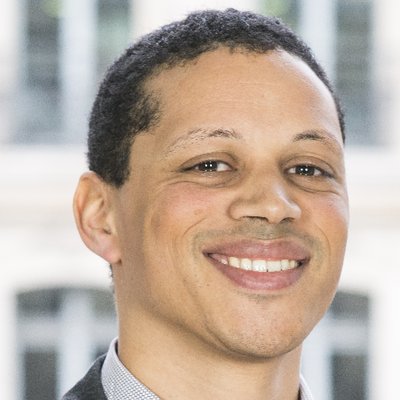A leading European impact fund partnered with Ksapa to develop a robust Human Rights framework ensuring compliance with EU SFDR Articles 8 & 9 requirements while maximizing positive impact on the UN Sustainable Development Goals (SDGs).
The Challenge
An impact fund registered under the European Union’s SFDR Articles 8 and 9 needed to strengthen its approach to Primary Adverse Sustainability Impacts (PASI) assessment. The fund sought to develop a comprehensive Human Rights framework that would align with both regulatory requirements and their commitment to the 2030 SDGs.
Our Solution
Leveraging our proprietary Human Rights methodology aligned with regulations and global standards, we implemented a three-phase approach:
1. Comprehensive Risk Assessment
- Mapped 100+ control points from the International Bill of Rights
- Conducted targeted documentary review focusing on fund-specific contexts
- Identified key rightsholders, business segments, and geographical considerations
2. Policy Development & Integration
- Created a comprehensive Human Rights policy framework
- Established clear commitments to international standards
- Developed priority risk mapping methodology
- Integrated findings into investment decision processes
3. Implementation & Tools
- Designed streamlined due diligence processes
- Created practical assessment tools for the investment team
- Established monitoring and reporting frameworks
- Provided access to our global network of 150+ local experts
“Ksapa’s approach transformed our Human Rights due diligence from a compliance exercise into a strategic advantage. Their practical tools and expert guidance have equipped our investment team to make better-informed decisions while ensuring SFDR compliance.” – Confidential Investment Director, European Impact Fund (contact can be disclosed upon 1/1 request)
Results Achieved
- Comprehensive Human Rights policy framework established
- Enhanced investment team capability in risk assessment
- Streamlined due diligence processes integrated into investment lifecycle
- Full compliance with SFDR Articles 8 & 9 requirements
- Access to global expert network for ongoing support
Key Differentiators
- Combined expertise from Paris and Boston teams
- Integration with IFC Performance Standards
- Practical, easy-to-implement tools
- Global network of 150+ local experts
- Proven track record in sustainable finance
Why Choose Ksapa for SFDR Compliance?
- Deep expertise in sustainable finance regulations
- Practical implementation experience
- Global reach with local expertise
- Proven methodology
- Comprehensive support throughout the implementation journey
Take Action Now
Ready to enhance your fund’s SFDR compliance and Human Rights due diligence? Contact our team of experts today:
- Schedule a consultation: contact@ksapa.org
- Take a look at our publications here
- Listen to some of our past or upcoming webinar on sustainable finance regulations. Check here


